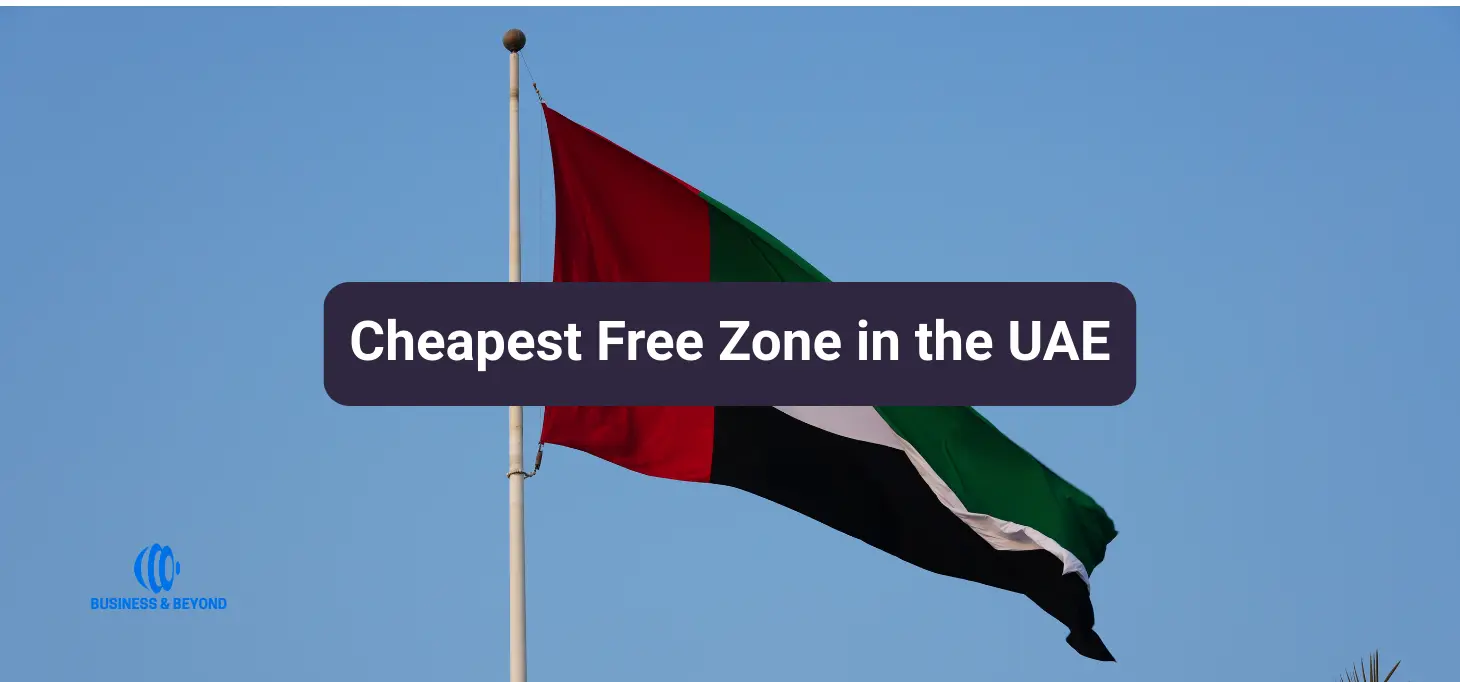
For decades, offshore trusts in places like the British Virgin Islands (BVI) and Cayman Islands were the go-to vehicles for asset protection and succession planning. But the global regulatory environment has shifted. Blacklists, stricter banking rules, and the rise of international transparency standards such as CRS and FATCA have made offshore trusts less practical—and in many cases, riskier.
Enter UAE Foundations. Based in respected jurisdictions like the DIFC (Dubai International Financial Centre) and ADGM (Abu Dhabi Global Market), they combine legal confidentiality with global compliance. In this guide, we’ll break down why UAE Foundations are replacing offshore trusts and how they can safeguard wealth in 2025 and beyond.
Why Offshore Trusts Are Losing Relevance
1. Regulatory Blacklists
Many offshore trust jurisdictions face recurring grey- and black-listing, damaging credibility and raising compliance costs for investors.
2. Transparency Obligations
Under CRS and FATCA, offshore trusts must disclose Ultimate Beneficial Owners (UBOs), often in public registries. This undermines the privacy investors once relied on.
3. Banking & De-risking Issues
Global banks increasingly avoid offshore trust structures, making it difficult for trustees and beneficiaries to open or maintain accounts.
UAE Foundations Explained (DIFC & ADGM)
A UAE Foundation is an independent legal entity designed for asset protection, succession planning, and wealth management. Unlike companies, they have no shareholders but are governed by a charter and foundation council, ensuring flexibility and control.
Key Advantages:
- No public UBO registry—confidentiality is preserved.
- Founder retains meaningful influence through the council, charter, or protectors.
- Fully aligned with UAE laws, FATF standards, and ESR regulations.
- Respected by banks in the UAE and wider GCC region.
UAE Foundations vs Offshore Trusts: A Pillar-by-Pillar Comparison
| Feature | UAE Foundation (DIFC/ADGM) | Offshore Trust (BVI, Cayman) |
|---|---|---|
| UBO Disclosure | Private, no public registry | Disclosure required under CRS/FATCA |
| Founder Control | High (via council/charter) | Limited, trustee-controlled |
| Regulatory Compliance | ESR- and FATF-aligned | Frequent blacklisting risks |
| Bankability | Strong in UAE/GCC | Increasingly de-risked by banks |
| Succession Planning | Clear rules, Sharia opt-out possible | Trustee-dependent, unpredictable |
| CRS/FATCA Exposure | Minimal reporting | Heavy reporting burden |
Takeaway: UAE Foundations balance confidentiality with compliance, making them more sustainable for the future.
How to Set Up a UAE Foundation
Establishing a UAE Foundation is straightforward, though processes differ between DIFC and ADGM.
Step 1 – Preparation:
Identify purpose (asset holding, succession, IP protection) and draft the foundation charter.
Step 2 – Registration:
Submit required documents (passport copies, council details, purpose statement) to DIFC or ADGM authorities.
Step 3 – Costs & Timeline:
- Setup costs: typically USD 7,000–12,000 depending on service provider.
- Annual renewal: approx. USD 3,000–5,000.
- Timeline: 2–4 weeks for approval.
Step 4 – Governance:
Appoint a foundation council, protectors (optional), and establish rules for asset management.
Learn More: Demystifying DIFC Prescribed Company Formation: Low-Cost Setup Guide for Investors
Practical Applications & Case Studies
- Family Succession Planning: A family office shifts from a Cayman trust to an ADGM Foundation to secure multi-generational wealth while maintaining founder influence.
- Real Estate Structuring: Investors in Dubai transfer property holdings into a DIFC Foundation, simplifying succession and shielding assets from personal liabilities.
- Intellectual Property Protection: A business founder uses a UAE Foundation to hold trademarks and patents, ensuring long-term brand control.
These real-world examples highlight the flexibility of UAE Foundations compared to rigid offshore trust models.
FAQs – UAE Foundations vs Offshore Trusts
Do UAE Foundations pay corporate tax?
No, UAE Foundations are exempt from corporate tax if they do not conduct commercial activities.
Are UAE Foundations recognized internationally?
Yes, they are governed by DIFC/ADGM laws based on English common law, making them globally respected.
Can foreign investors set up a UAE Foundation?
Yes, non-residents can establish and benefit from UAE Foundations.
Which is more cost-effective long-term?
While initial costs may be slightly higher than offshore trusts, UAE Foundations provide stability, credibility, and bankability that outweigh the savings of offshore jurisdictions.
Conclusion: Structure for Tomorrow
The era of secrecy-driven offshore trusts is fading. In 2025, the winning strategy is transparent, compliant, and future-proof wealth structuring. UAE Foundations offer:
- More control through tailored governance.
- Better compliance with global standards.
- Stronger banking relationships in the GCC.
- Clear succession planning for families and businesses.
👉 Next Step: If you’re still relying on outdated offshore structures, now is the time to explore UAE Foundations. Get expert consultation to secure your wealth for generations.





Leave A Comment